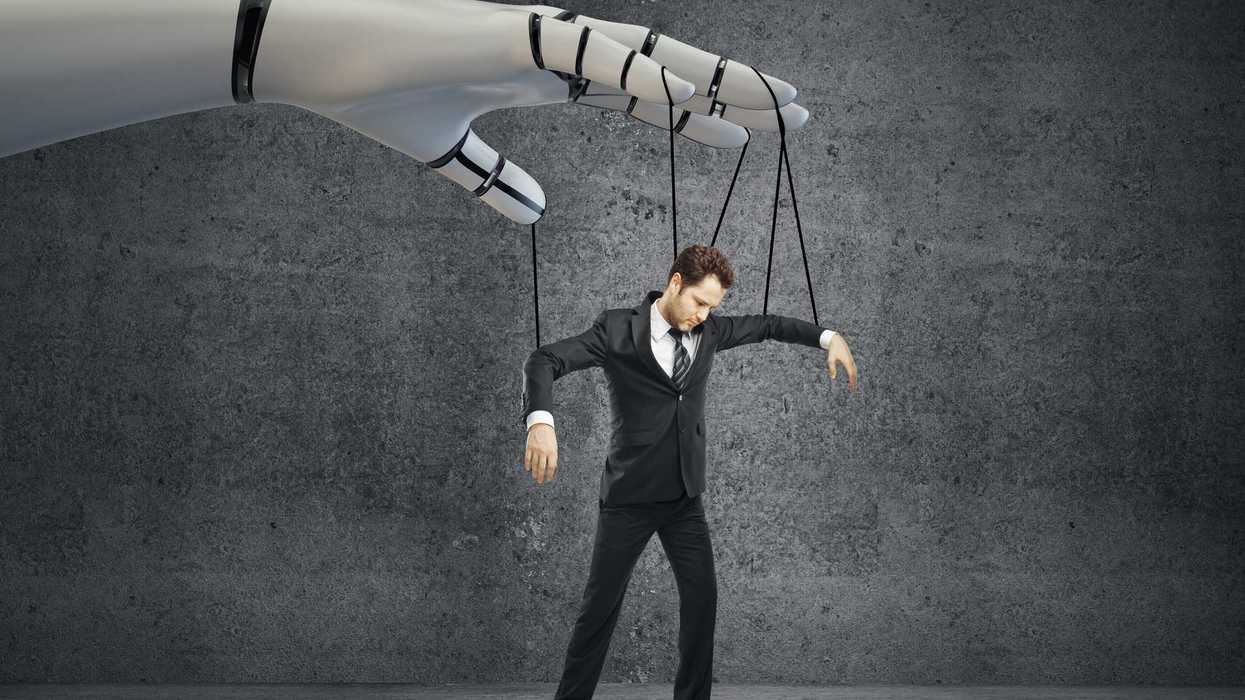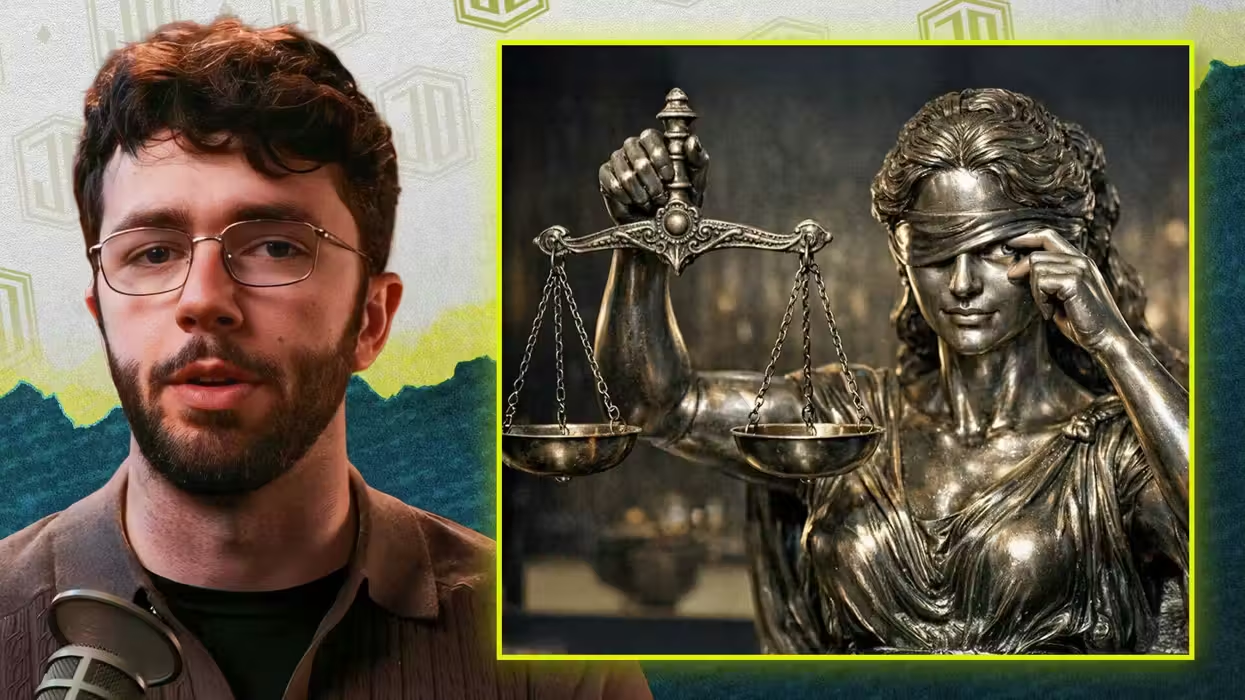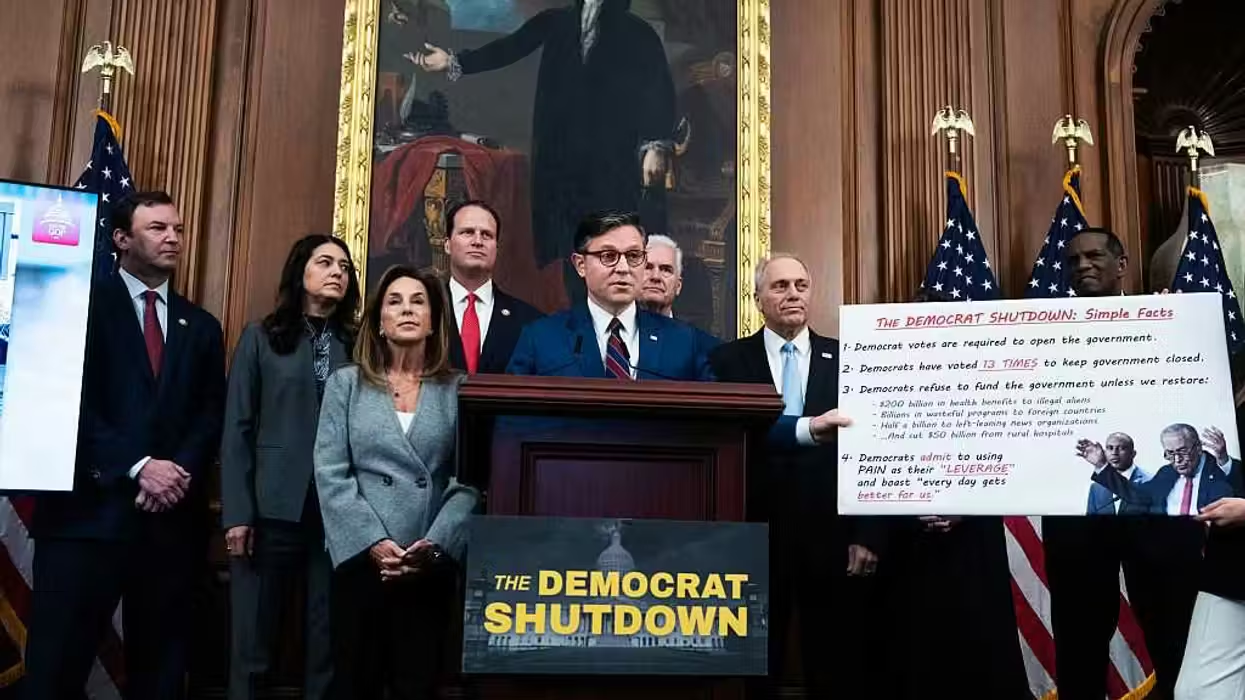
© 2026 Blaze Media LLC. All rights reserved.
Sorry, Occupy: The 'One Percent' Pay More in Taxes -- and Their Incomes Have Fallen
July 20, 2012
"[W]hen politicians and pundits talk about the rich just getting richer and paying less taxes, they need to pay closer attention to the actual numbers."
Since this whole Occupy, income-inequality conversation took center stage last year, we’ve heard over and over again that the rich [the so-called “One Percent”] pay less in taxes than everyone else despite the fact that their income levels are at all-time highs.
Is this true? A new report from the Congressional Budget Office would say "not exactly."
“Let’s consider income first. Between 2007 and 2009, after-tax earnings by Americans in the top one percent for income fell 37 percent. On a pre-tax basis they fell 36 percent in the same period,” CNBC’s Robert Frank writes.
“That may sound like a minor haircut for One Percenters compared to people who lost their jobs. But when you take into account federal transfers, assistance and taxes paid, the incomes of the bottom 20 percent grew by 3 percent, while it fell a modest 2 percent for the middle 20 percent,” he adds.
Translation: Since the start of the recession, the wealthy have seen their incomes fall 18 times more than the incomes of the middle class.
 Image courtesy CNBC
Image courtesy CNBC
“The result of this big drop at the top was that their share of the country's total income also fell. In 2007, the top one percent earned 16.7 percent of all after-tax income. In 2009, that portion fell to 11.5 percent,” Frank writes.
“Inequality, in other words, fell during those years. We are now in an age of High-Beta Wealth, where the incomes of the One Percent have become far more manic and prone to wild drops than the rest of the country,” he adds.
Okay, fine. But what about taxes paid?
Would you believe us if we told you that although tax-rates for the “One Percent” are at historic lows, the actual amount paid in taxes is higher than it was before the recession?
 Image courtesy CNBC
Image courtesy CNBC
Frank explains:
The One Percent paid an average effective tax rate of 28.9 percent on their income — far more than any other group, and more than twice the average effective rate of the middle class, who paid 11 percent on average.So the rich lost more income and paid more of their money in taxes than the rest of the population.
Bottom line: We can argue back and forth about the benefits of taxing the wealthy [one side arguing that it’s about “equality” while the other argues about job creation], but facts are the facts. The “Once Percent” has seen its income fall and pays more in actual taxes than before the recession.
“[W]hen politicians and pundits talk about the rich just getting richer and paying less taxes, they need to pay closer attention to the actual numbers,” Frank concludes.
Want to leave a tip?
We answer to you. Help keep our content free of advertisers and big tech censorship by leaving a tip today.
Want to join the conversation?
Already a subscriber?
more stories
Sign up for the Blaze newsletter
By signing up, you agree to our Privacy Policy and Terms of Use, and agree to receive content that may sometimes include advertisements. You may opt out at any time.
Related Content
© 2026 Blaze Media LLC. All rights reserved.
Get the stories that matter most delivered directly to your inbox.
By signing up, you agree to our Privacy Policy and Terms of Use, and agree to receive content that may sometimes include advertisements. You may opt out at any time.






